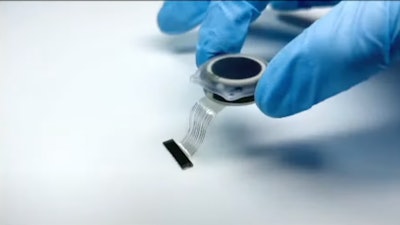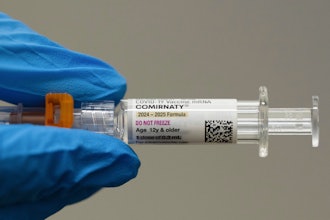
Neuralink, Elon Musk's medtech startup developing human brain implants, said it received approval from the reviewing independent institutional review board and its first hospital site to begin recruitment for its first-in-human clinical trial
The PRIME Study (short for Precise Robotically Implanted Brain-Computer Interface) – an investigational medical device trial for the company's fully-implantable, wireless brain-computer interface (BCI) – aims to evaluate the safety of the implant (N1) and surgical robot (R1) and assess the initial functionality of the company's BCI for enabling people with paralysis to control external devices with their thoughts.
RELATED: Neuralink Raises $280M to Support Human Brain Implant Trials
During the study, the R1 Robot will be used to surgically place the N1 Implant’s ultra-fine and flexible threads in a region of the brain that controls movement intention. Once in place, the company said the N1 Implant is cosmetically invisible and is intended to record and transmit brain signals wirelessly to an app that decodes movement intention. The initial goal of Neuralink's BCI is to grant people the ability to control a computer cursor or keyboard using their thoughts alone.
The PRIME Study is being conducted under the investigational device exemption (IDE) awarded by the FDA in May 2023. Neuralink said the trial represents "an important step in our mission to create a generalized brain interface to restore autonomy to those with unmet medical needs."
Those who have quadriplegia due to cervical spinal cord injury or amyotrophic lateral sclerosis (ALS) may qualify.
If you’re interested in learning whether you may qualify for current and future Neuralink clinical trials, consider joining our Patient Registry.
To learn more: download the study brochure here






















